Sciatica treatment!
Star Physio are experts in sciatica treatment. We have staff with multiple degrees and even PhDs! Read more about our expert team here!
Understanding disc herniations and sciatica
A disc herniation leading to sciatica can be very painful. Whether we develop pain depends on where the disc herniation is located and the type of disc herniation. Other factors can also influence your pain including stress, poor sleep and your immune system.
Bigger disc herniations doesn’t necessarily cause more pain. A small disc herniation in “the wrong spot” can be as painful as a big herniation.
Sometimes the disc herniation can cause an irritation of the nerve, causing symptoms out in a leg. This is commonly referred to as sciatica.
A compression of the nerve can also cause more severe symptoms, like loss of power and sensation in the foot. Very rarely it may cause Cauda Equina Syndrome, which requires urgent care.
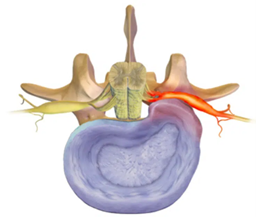
Nerve root impingement and sciatica
Assessment
Many factors that can influence pain, symptoms and severity. It is important that you get a thorough examination from an expert physiotherapist.
Normally an assessment includes testing your back mobility, nerve mobility, reflex and sensation testing and muscle power.
An MRI is not always necessary and may give misleading results. It will usually be requested if there is persistent pain or more severe symptoms. Read more about MRI findings in people with no pain here!
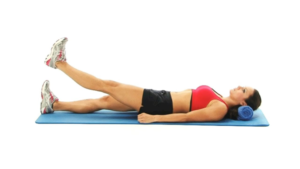
Mobility testing for sciatica.
Sciatica treatment options
Most people with a disc herniation and sciatica improve with conservative treatment.
Conservative Sciatica Treatment:
-
-
Physiotherapy:
- Tailored exercises can help get your muscles working, improve flexibility, and promote overall spinal health.
- Activity Modification: Staying active within comfortable limits is crucial. Avoid prolonged bed rest, as it can exacerbate symptoms and prolong recovery. An expert physiotherapist can show you what movements and positions to avoid and what exercises are the best sciatica treatment.
- Techniques like neurodynamic exercises can be beneficial for patients where the sciatic nerve is more sensitive.
- Other treatments may include manual therapy and joint mobilisation, acupuncture and massage
-
-
Pharmacological Treatments:
-
- Medications can help manage pain and inflammation associated with disc herniations.
- Non-steroidal anti-inflammatory drugs (NSAIDs) and analgesics are commonly used.
- For neuropathic pain, medications like tricyclic antidepressants or anti-seizure drugs may be prescribed
- Occasionally a cortisone injection may be considered.
-
-
Surgical Options:
-
- Surgery is considered when conservative treatments fail to relieve symptoms after a significant period. It is sometimes required if there is severe pain, muscle weakness, or loss of bladder/bowel control.
-
Prognosis
With acute sciatica, the worst pain usually subsides after 2-4 weeks. 50% of people with sciatica will be symptom free after 3 months.
The team at Star Physio can help you to get the best sciatica treatment and exercise programs.
Summary
Disc herniation pain varies and sometimes leads to nerve irritation or compression and sciatica. A thorough assessment with an expert is critical to find the best sciatica treatment for you.
Expert physiotherapy is key, with advice, treatment and exercises to improve mobility and reduce pain. Medication can also help manage pain and inflammation.
Most people improve without surgery! Star Physio can help you get back to life, pain-free. Call today on 64249578 or you can book and appointment with one of our expert staff by clicking the links!
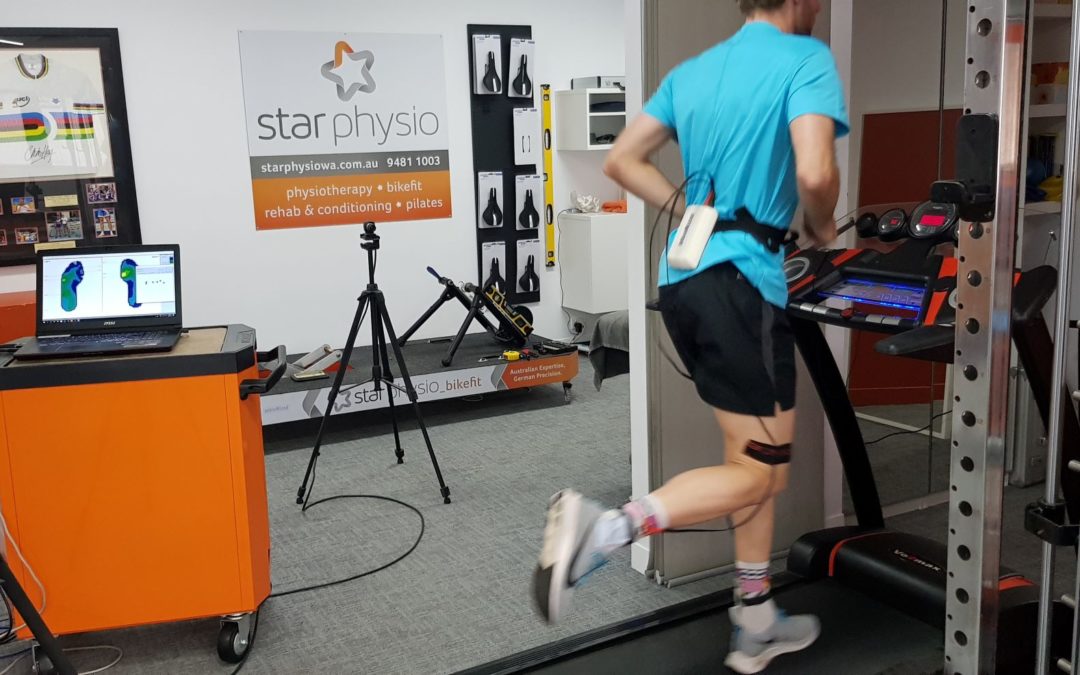
Best Running Shoes
2024 Best Running Shoe Review Practical tips from the expert! Julie Pham provides a Sports Podiatrist’s and Physiotherapist’s insights to help you choose the best running shoe for you! Changing Running Shoe Designs Have you noticed how much running shoe designs have...
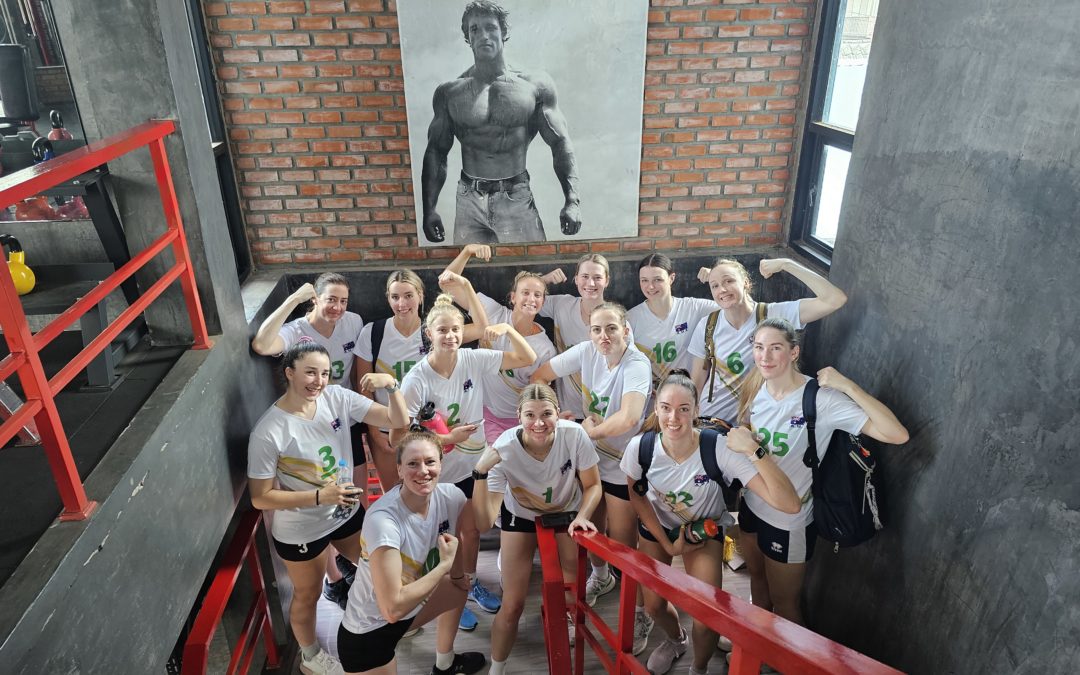
Sports Physiotherapy
Star Physio provides Sports Physiotherapy for the Best Athletes in Australia and the World! It has been a busy last few months with Star Physio team members working with and travelling nationally and internationally, supporting athletes with sports physiotherapy...
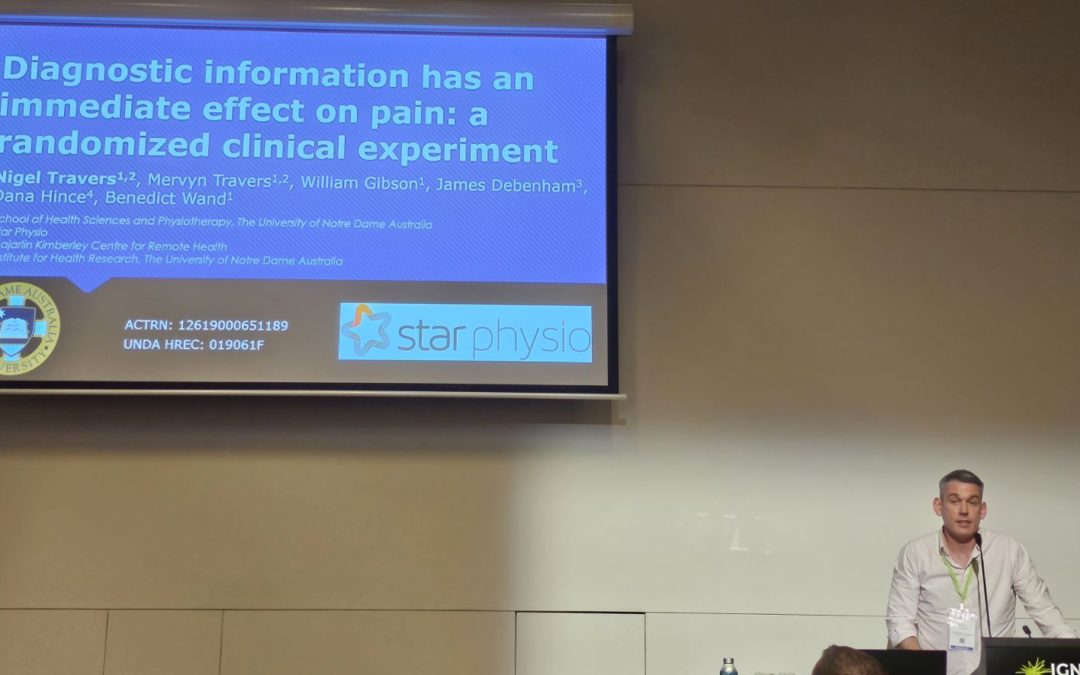
Pain Education
Star Physio Expert Education Educating the nation through pain research. Star Physiotherapists James Lewin, Dr Kevin Wernli (PhD), Dr Merv Travers (PhD) and Damian Oldmeadow have recently returned from the Australian Physiotherapy Association Conference in Brisbane....
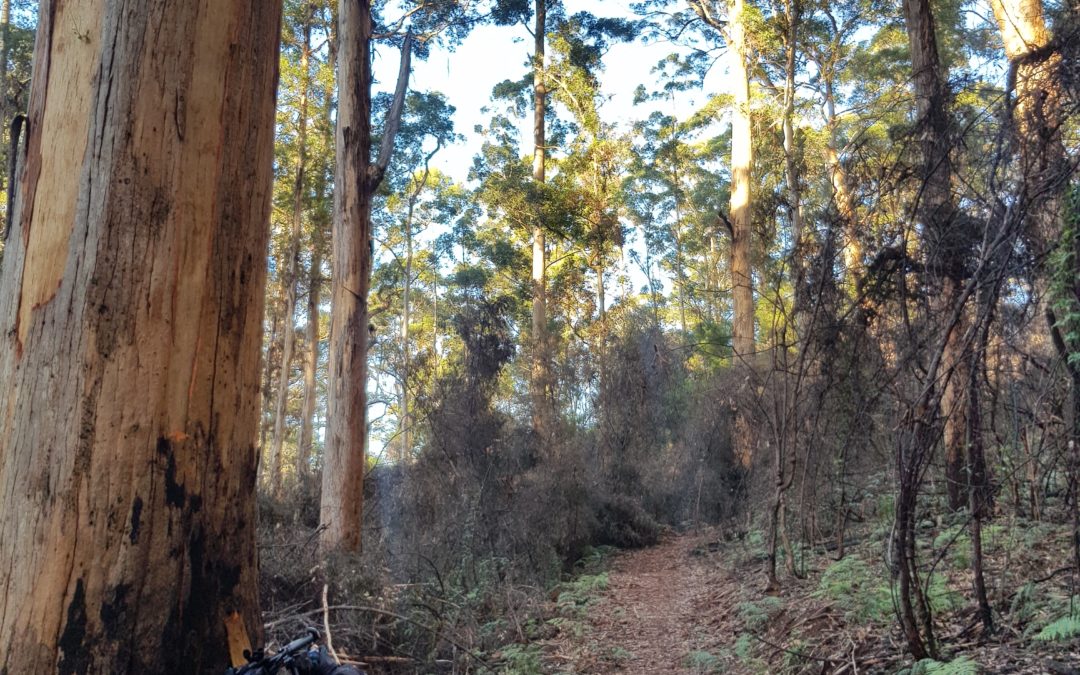
Munda Biddi Trip
Munda Biddi - The Trip. Donnybrook (well Kirup) to Albany in 9 days with a mixture of relatively short days and warm showers to tough days and cold water tank rinses was the Munda Biddi journey for Star Physio's Damian Oldmeadow in May this year. If you are...
